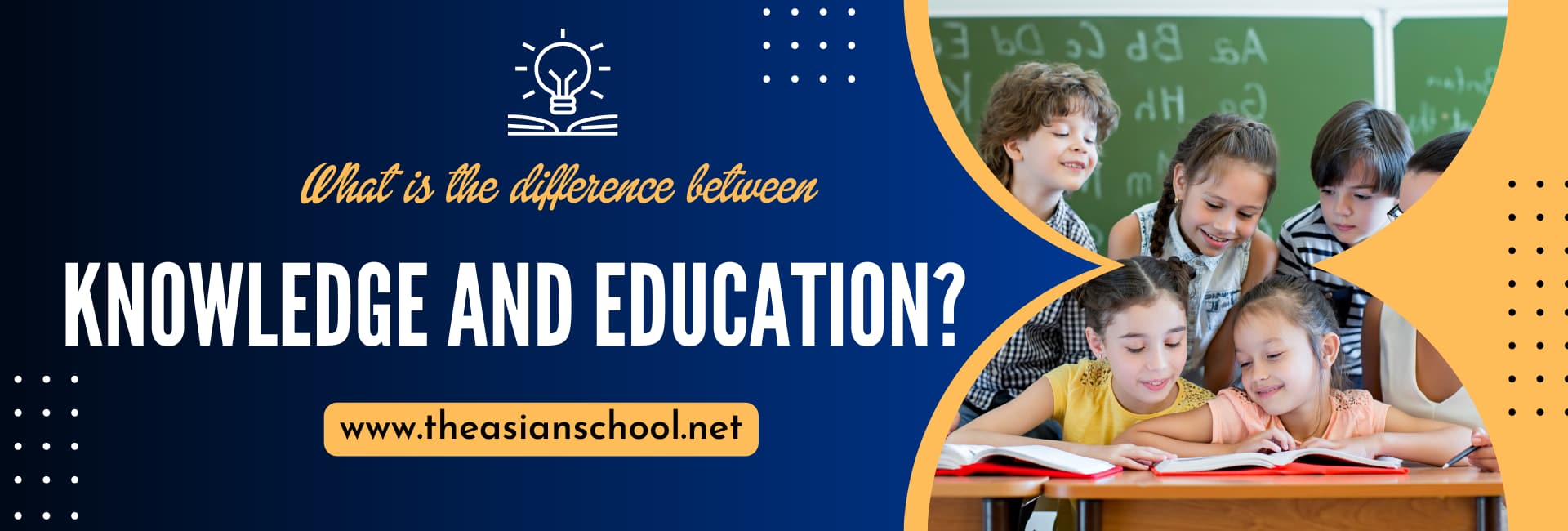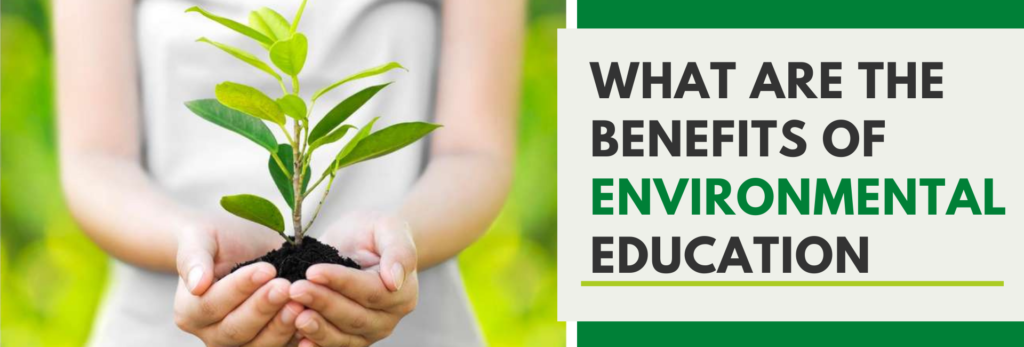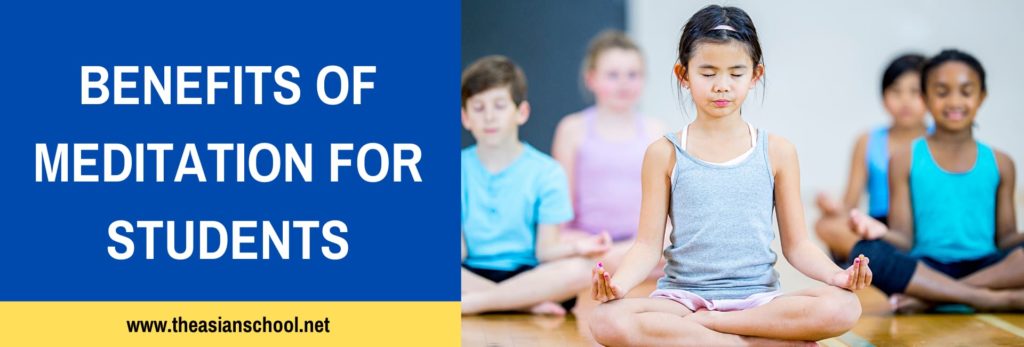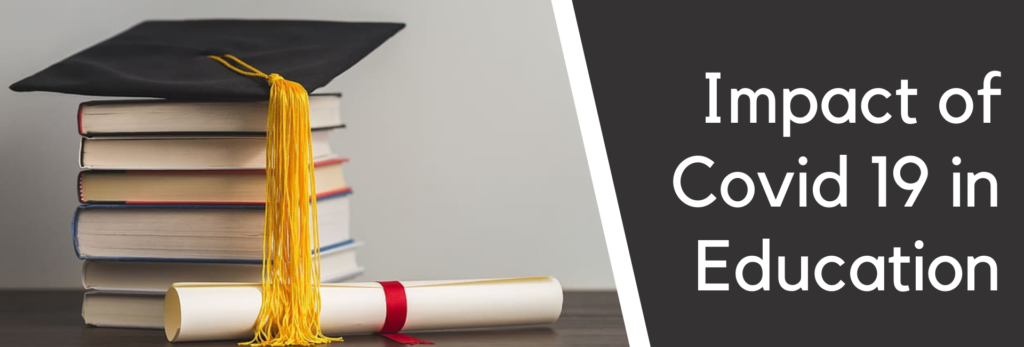Many people use education and knowledge as if they are synonyms and that is incorrect. But there is difference between knowledge and education. The topic of education and knowledge has been a source of debate for ages. It is often argued that these two terms are interchangeable — but there is an actual difference `between them. Depending on which definition you look up, knowledge and education can have different meanings. While both education (the act of learning, not teaching others) and knowledge are different forms of information and learning, they each possess different characteristics that make them unique. Education is geared towards understanding and gaining new knowledge, while knowledge is based on accumulated information gained through experience or study.
What is Knowledge?
Knowledge is best defined as information acquired from various sources, including textbooks and lectures and our own experiences. We can also gain knowledge through discussions with other people familiar with a particular subject matter. But what do we do with this information? How do we use it? Knowledge acquisition begins with an awareness of a problem or situation. This awareness often results in questions that need answers, which require people to gather information from textbooks, teachers, or other sources of information and then analyze it to determine its value for solving their problem; this may be called the knowledge gap model of decision making.
The first thing we should do is ask ourselves questions about the material we read or hear about. For example: Why did this event happen? What would happen if I did this instead? What if I tried to change something about my life? The more questions you ask yourself, the more likely you will find answers that help you understand concepts better than before.
Another critical aspect of knowledge is making connections between different pieces of information, so they make sense together (also known as synthesis). For example: If someone tells me to add apples and oranges together to make fruit salad, I might look at them like they’re crazy because apples and oranges don’t go together!
What is the purpose of Knowledge?
- To improve our lives by learning new things and practicing them.
- Help us make better decisions in life by understanding it better.
- To improve our performance at work and in life by increasing our knowledge about things we love doing.
- To help us do good for others by sharing what we have learned from experiences.
What is Education?
Education is a process that aims to develop and maintain the knowledge, skills, and habits required for an individual to function in society. It is a process where individuals acquire their education from one or more institutions. It is done to prepare the individuals for life by providing them with information, training, and guidance. Education is a means by which society regulates its future. It provides people with the knowledge they will need to progress into adulthood. Education helps people gain skills they will need to find work and be successful at it. It also helps people develop their intellectual abilities, so they may advance socially or politically within society and help they become advocates for social change.
Education can be achieved through various methods, including teaching, tutoring, mentoring, self-education, and training. It can also be received informally through human interaction — as in human conversation or through printed material. It can be structured formally or informally. Education can occur in any institution; it can be free or paid for.
What is the purpose of Education?
- Education is gaining knowledge, developing skills, and qualifying.
- Education is the process of imparting information, instruction, and training. In the past, education was provided by the state (a government system), but it is also offered by private providers in many countries today.
- Education is often used to promote equality and increase opportunities for disadvantaged backgrounds.
- Education is also essential for maintaining strong national economies. A high-skilled workforce is more productive than a low-skilled one, and better-educated people earn more throughout their lifetimes than less educated people do.
Here are the difference between knowledge and education:
- Education and knowledge are two different things. Knowledge is what you know, while education is how you learn it. Knowledge is the facts and information that you can recall or use. Education is how we acquire knowledge.
- Education grows with age. You learn new things every day, and those new things become part of your education. Knowledge has no such predefined growth rate—you can gain understanding at any point in your life, and it stays with you forever.
- Another difference between knowledge and education is that knowledge is a familiarity with a subject gained through experience or study. It’s a body of information acquired through research and analysis, including facts, concepts, principles, laws, and theories about a particular subject or area of study.
- Education involves imparting knowledge to others using study and training, while knowledge is primarily gained through experience. The distinction between education and knowledge is not always clear-cut, as there is some overlap between the two concepts depending on one’s point of view.
- Knowledge is just the facts of something, whereas education is the understanding and appreciation of those facts. For example, you can have a lot of knowledge about the solar system—you know all of its planets, how they move around the sun, what they’re made of—but that doesn’t mean you understand it or appreciate it.
- Knowledge and education are two different things. While knowledge comes from your own experiences, education comes from other people’s experiences. For example: if you have a personal computer, you know to use it. You might be able to type and navigate around the screen, but that doesn’t mean you are educated in the subject matter of computers. If you wanted to get a job as a computer technician, you would need to go through schooling and learn hardware and software fundamentals.
Also Read : How is Technology Changing Education?














